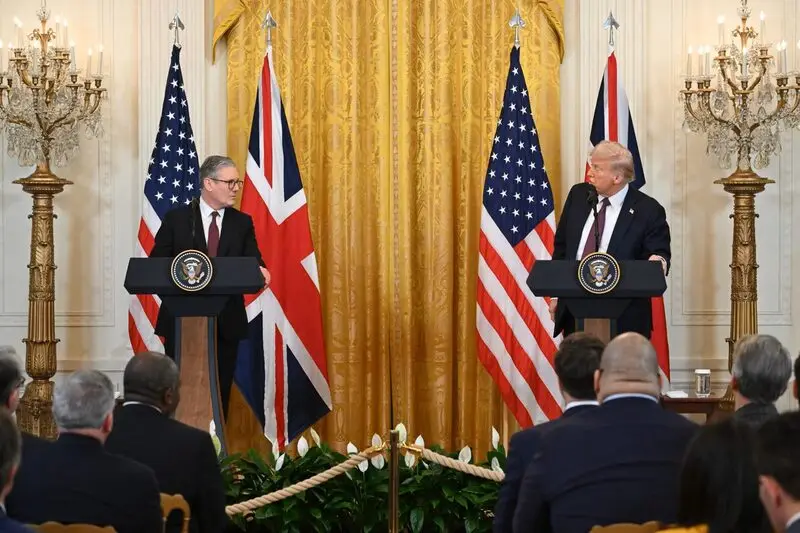With the asset class rising to prominence like never before in 2025, the UK and US are set to collaborate in an effort to boost cryptocurrency adoption. Indeed, the United Kingdom and the United States will reportedly work together as they look to enhance crypto regulation and promote the advancement of the industry.
UK Finance Minister Rachel Reeves announced Tuesday that they are planning a “comprehensive regulatory regime for crypto assets.” Moreover, she noted their hopes to engage with the US in order to increase the “responsible” adoption of the asset class.
JUST IN: 🇬🇧🇺🇸 United Kingdom to collaborate with the US to boost adoption of cryptocurrency.
— Watcher.Guru (@WatcherGuru) April 29, 2025
Also Read: UK Prime Minister Seeking New US Trade Deal to Remove Tariffs
UK Finance Minister Announces US Collaboration to Promote Crypto Adoption
The cryptocurrency market has been embraced like never before in the United States throughout 2025. Indeed, US President Trump has brought forth the first true pro-crypto administration in the country’s history. Moreover, he has sought to transform its approach to regulation and seek a greater embrace of the asset class in the country.
Those efforts have been countered across the world, with their potential finally being understood on a global scale. Subsequently, the UK has announced it will collaborate with the US in an effort to boost cryptocurrency adoption, according to a CNBC report.

Also Read: UK Treasury: “No Plans” For US-Style Strategic Bitcoin Reserve
Britain published draft legislation for crypto regulation in the country. Moreover, it discussed its collaborative stance with the United States in relation to the asset class. Rachel Reeves noted that the nation’s proposals would make it a “world leader in digital assets.”
The new regulatory rules will see the UK crack down on “bad actors while supporting legitimate innovation.” Moreover, Reeves noted that a partnership with the Western nations is critical for the industry. “For the UK to be a world leader in digital assets,” international cooperation is vital,” she said. Altogether, 2025 should see both nations unveil groundbreaking regulatory standards that could catapult the industry to even greater relevance.






